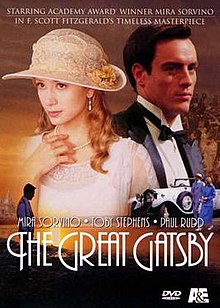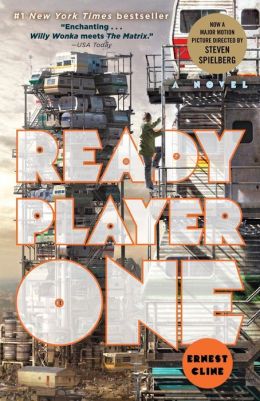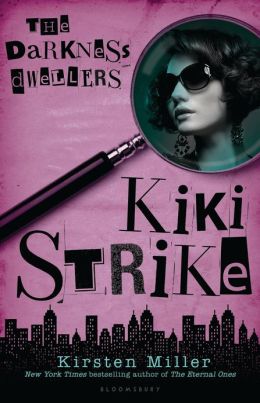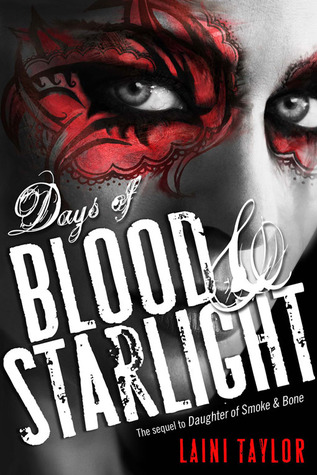 The scalloped hem of Caterina Lazzari's blue velvet coat grazed the fresh-fallen snow, leaving a pale pink path on the bricks as she walked across the empty piazza.
The scalloped hem of Caterina Lazzari's blue velvet coat grazed the fresh-fallen snow, leaving a pale pink path on the bricks as she walked across the empty piazza.
The Shoemaker's Wife is the story of Ciro and Enza, two teenagers growing up in Italy in the early twentieth century. They meet, and fall in love. Then, Ciro is banished and sent to live in New York's little Italy, leaving a heartbroken Enza behind. But eventually she too makes her way to America. The star-crossed lovers are reunited and separated again when Ciro goes off to fight in World War II, while Enza becomes involved with opera, and into the life of Enrico Caruso. But ultimately, their love will prevail. This is Adriana Trigiani's most recent novel, and while I haven't read any of her other books, this one sounded really interesting since I love historical fiction.
The best thing about this novel is the lush descriptions in every place that the book is set in through its 400+ pages. The words that Adriana Trigiani uses really bring everything to life. Not just the places, but the people and their personalities, too. Almost everything about this book is portrayed so well, with such talented writing.
I hated the romance, however. Enza and Ciro only meet once in Italy, at a funeral, and suddenly Enza goes from crying over her sister to kissing him. ???? I know she was just trying to swallow her grief, but there didn't seem to be much chemistry between them to me. Their dialogue in that scene felt awkward and disjointed, and their romance didn't get better in the New World. Despite this, I loved both of their characters individually; both Ciro and Enza were interesting and I enjoyed reading about them. But whenever they met up, the dialogue felt disjointed and awkward.
And, they somehow know that they're "right" for one another after what, 5 meetings at most? I actually didn't want them to end up together! And it's seldom that happens for me.
The Shoemaker's Wife is both uplifting and heartbreaking at the same time. It's the story of love that knows no bounds (even though I didn't love the love), but there are also so many sad moments in the book; when Enza leaves her home forever, when Ciro and his brother are separated. There's a lot of foreshadowing too, which adds to the sadness. Trigiani tells you that Enza will never see her mother again when she leaves.
Though
The Shoemaker's Wife is heavily fictionalized, it is actually based upon the story of the author's grandparents, who had different names, but (presumably) a similar story.
The only other criticism I had wasn't about the writing; it was about the font. It was really annoying and really off-putting. Sometimes, if a book has a nice-looking font, it makes you race through it and love it all the more.
The Shoemaker's Wife was not one of those books. The overall design of the book was nice, though I wasn't fond of the model on the cover.
Kathrynn Stockett, author of
The Help, highly recommended this book. Here is the full blurb:
“I’ve always loved reading Trigiani, but The Shoemaker's Wife is something totally new and completely wonderful: a rich, sweeping epic that tells the story of the women and men who built America dream by dream. I don't know how Adriana goes into her family's attic and emerges with these amazing stories, I'm just happy she does.If you’re meeting her work for the first time, get ready for a lifelong love affair. The Shoemaker's Wife is utterly splendid." The Shoemaker's Wife is indeed splendid in certain respects, though not "utterly splendid."
Later: Argh...I've read a lot more of the book, and Ciro. Is. Such. A. Jerk. Sometimes. He wants Enza to leave the job she loves, her passion, at the Metropolitan Opera and come with him to
Minnesota to make shoes. God, I really hated him then. Enza
loved her job, and then he drags her away. I know that the book is based upon real people, but Trigiani could have written it more skillfully. Everything else about the book is amazing: the writing, the descriptions, the plot, but the central element of the book- the romance, just didn't work for me. I didn't get the attraction between them. So I'm not sure what to rate this book. 5 stars in every respect except for the romance, which was more like a 2 or 3 star at best. So that would average out to about 3 stars.
Read The Shoemaker's Wife:
- if you like historical fiction
- if you like Adriana Trigiani (I'm planning to read more of her work soon)
- if you like books set in Italy, New York or Minnesota
- if you like romance
468 pages.
 |
Okay book, but it left me wanting more!
Ever read a book where you liked some elements and hated others? |
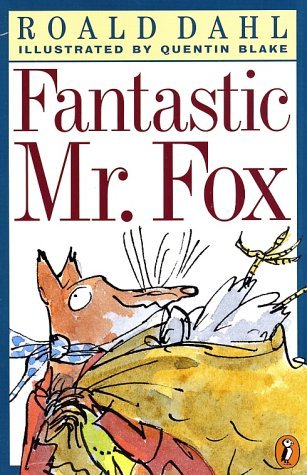 Down in the valley there were three farms. The owners of these farms had done well. They were rich men. They were also nasty men.
Down in the valley there were three farms. The owners of these farms had done well. They were rich men. They were also nasty men. 













